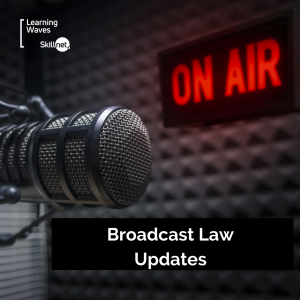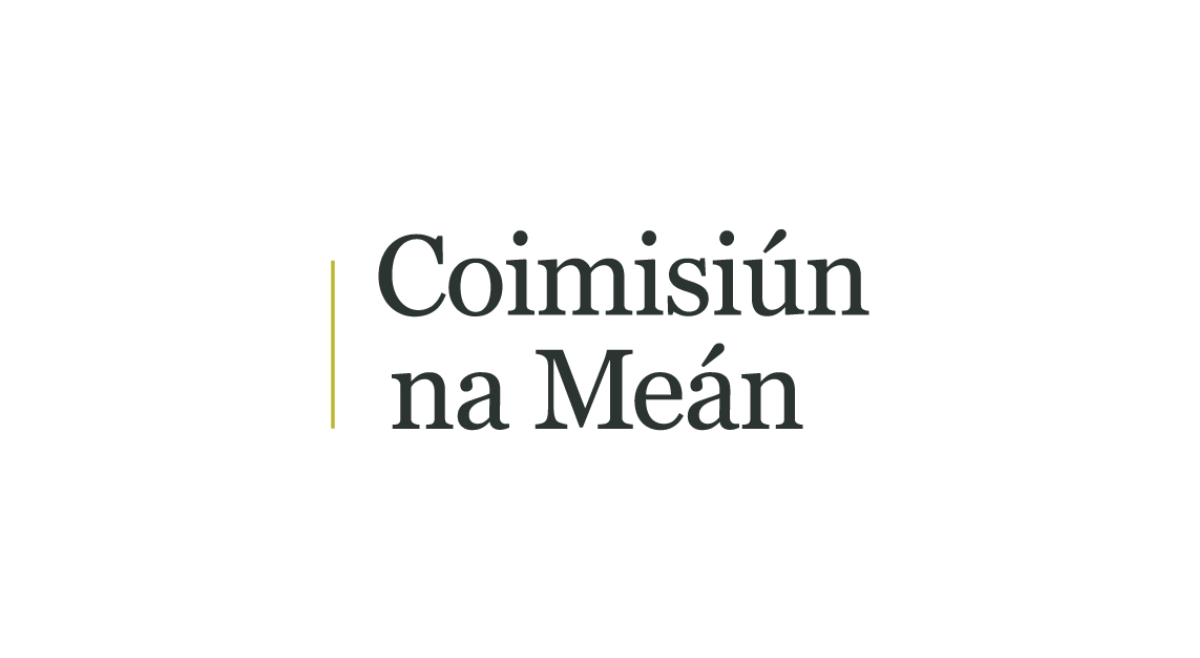Coimisiún na Meán sets out plans to enhance online safety and to regulate and support Irish media sector.
Coimisiún na Meán, Ireland’s new media regulator and media development agency, has today (20.06.23) set out its work programme for the coming nine months.
Highlights include:
- For the first time, online service providers will have legally binding obligations to take steps that make the internet safer for everyone.
- Regulation will be extended to cover on-demand services, as well as traditional TV, reflecting significant changes in viewing habits in recent years.
- Support for the wider media sector will be extended, with funding schemes for local journalism, a review of Irish language services, and a strategy to promote Gender, Equality, Diversity and Inclusion in the media.
- The organisation will grow from around 50 staff at present to approximately 160 in the first phase of growth.
- Executive Chairperson of Coimisiún na Meán, Jeremy Godfrey, said: “Harmful and illegal online content is an international problem. Our job is to regulate service providers based in Ireland, to make the internet safer for people here and across the EU. An Coimisiún will adopt a binding online safety code to address harmful content on video-sharing platforms, and we will enforce the new EU Digital Services Act in respect of a wider range of harms. We will particularly focus on keeping children safe. We will also work closely with our counterparts in other EU member States and with the European Commission, so that Irish users are protected, wherever the providers are based.”
Mr Godfrey noted that the online safety code and the Digital Services Act will have real teeth. If service providers do not take appropriate steps to reduce online harms, they face fines of up to 10% or 6% of worldwide turnover respectively.
Speaking about broadcasting, Mr Godfrey said: “Viewing habits are changing rapidly. Traditional television is still an important collective national experience. But viewers are spending more of their time watching content through on-demand services. We will update and adapt the rules for traditional broadcasting so that they also apply to video-on-demand, and we will look at whether there should be rules that make public service content easier to find for those using on-demand user interfaces.”
He added that Coimisiún na Meán would also undertake a review of the provision of Irish language services across the media landscape, as well as developing new funding schemes for local journalism and developing a strategy for promoting Gender, Equality, Diversity and Inclusion in the media.
In conclusion, Mr Godfrey said: “Coimisiún na Meán is still in its start-up phase. We look forward to becoming fully operational by early 2024. Properly functioning broadcast and online media are essential to everyone’s fundamental rights in a democratic society. I look forward to working with my fellow commissioners, industry stakeholders and advocacy groups to develop a media commission that truly meets the needs of the people of Ireland, and Europe.”
Coimisiún na Meán’s initial programme of work can be found here.




